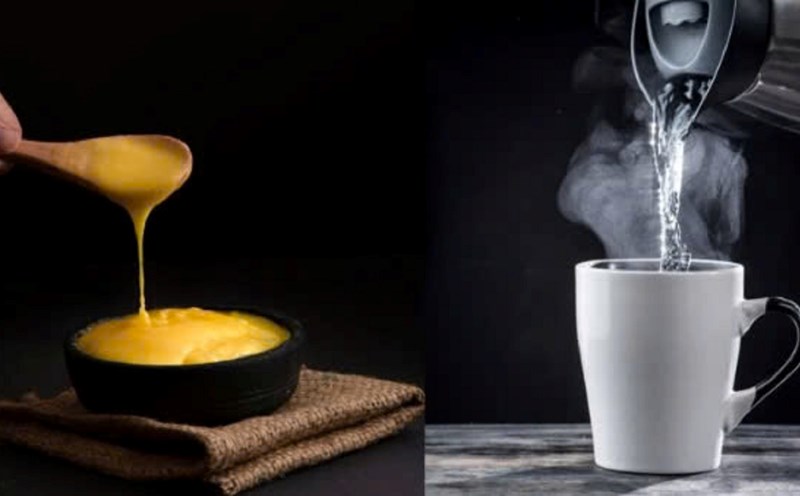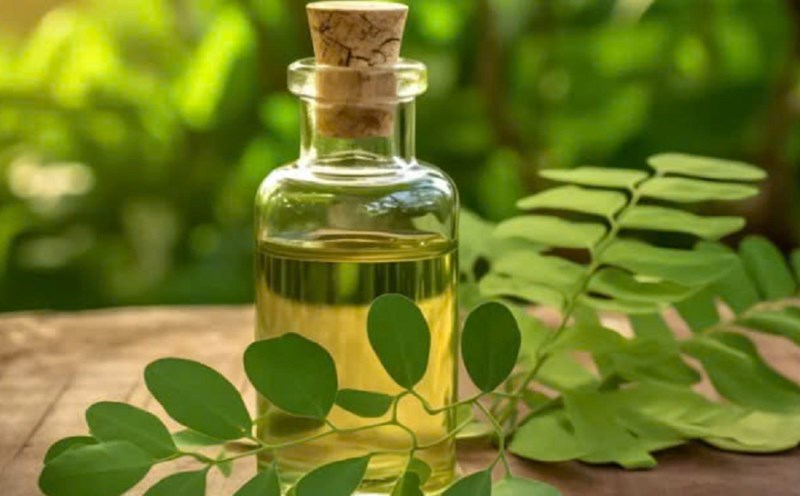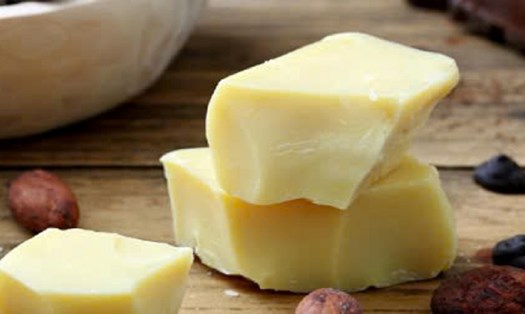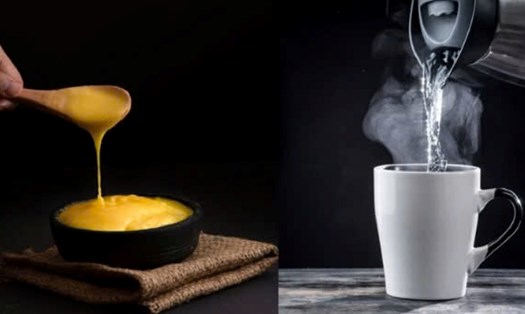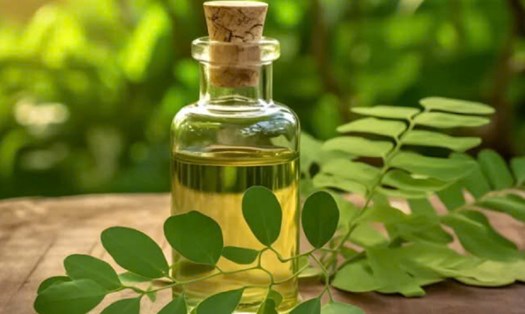What happens when you wash your face with hot water?
According to Dr. Rohit Batra, Vice Chairman, Department of Dermatology, Sir Ganga Ram Hospital, New Delhi (India), the skin on the face is thinner and more sensitive than the skin on other parts of the body, as it contains many small capillaries and pores. Although hot water may feel pleasant at first, it can cause a number of problems for the skin. Here are some reasons why you should avoid using hot water on your face:
Irritation and redness: Hot water can dilate the capillaries under your skin, causing irritation and redness. If you have sensitive skin or a skin condition like rosacea, this may last longer.
Strips away natural oils: Your face produces natural oils to keep it moist and supple. Hot water can strip away these oils, leaving your skin feeling dry, tight, and vulnerable.
Accelerated skin aging: Collagen is the protein that keeps skin firm and elastic. Hot water can reduce collagen production, creating conditions for wrinkles, crow's feet, and sagging skin.
Increased sensitivity: Hot water weakens the skin's natural protective barrier, making it more susceptible to pollution, harsh weather, or skin care products. This can cause skin to age faster.
Expert advice to avoid premature aging
Aging is a natural process, but loss of collagen and elastin causes wrinkles and sagging skin, explains Dr. Batra. To slow this process, you can take the following steps:
Protect your skin from the sun: Sun exposure is a major cause of premature aging. Ultraviolet (UV) rays break down collagen and elastin, especially in areas like the face, neck, and hands. To protect your skin from UV damage, Dr. Batra recommends wearing sunscreen every day, even on cloudy days, and wearing a hat or protective clothing when outdoors.
Healthy diet: Eating too many carbohydrates, especially sugars and starches, can cause glycation, which damages collagen and accelerates skin aging. So instead of consuming a lot of carbohydrates, you should focus on a diet rich in lean protein, healthy fats and fiber to help your skin recover and maintain elasticity.
Collagen-Rich Foods: Collagen is important for maintaining healthy skin, and consuming foods that support collagen production can help slow down the aging process. Bone broth, fish, and chicken are great sources of collagen. For vegetarians, plant foods rich in vitamin C and amino acids like soy, beans, and green vegetables stimulate collagen production.
Keep your skin hydrated: Dr. Batra emphasizes that staying hydrated is important to maintaining youthful, radiant skin. Drinking at least 2 liters of water a day helps keep your skin hydrated, prevents dryness, and gives it a plump appearance. Staying hydrated also helps reduce the appearance of fine lines and wrinkles.
Nutritional Supplements: Adding antioxidants like beta-carotene to your daily routine can help support skin health. These nutrients help protect your skin from oxidative stress, free radical damage, and UV rays, all of which contribute to skin aging.


